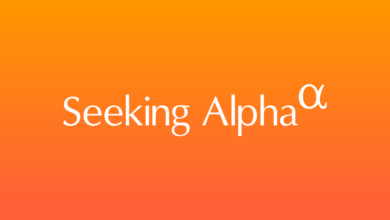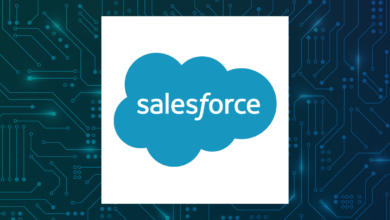How much does a CRM cost? A guide to pricing the most popular CRM software

Saying exactly how much a CRM platform costs is a difficult one. In truth, it depends. It depends on the specific tool you choose and what pricing plan is right for your needs. There are even free CRM software solutions that are worth your consideration and free doesn’t mean inferior.
You can’t assume that the most expensive tool is necessarily the best CRM software. The most important thing, whatever you end up paying, is that you receive good value for money. To work that out, this article should help. Below, we’ve outlined the main considerations you should bear in mind when assessing the price of a CRM.
There are a number of factors that determine a CRM platform’s cost. Think carefully about what you need from the tool – and what difference you hope it will make. There’s no reason to rush into your CRM subscription – this guide to CRM pricing will help you make the right decision.
A guide to pricing the most popular CRM software
Industry needs
One of the biggest reasons why prices for CRM solutions vary so much is because they are designed for different industries. For a start, some CRM solutions are geared primarily toward marketing, while others are designed more for sales teams. Some of the priciest CRM platforms on the market, such as Salesforce, are particularly focused on getting your leads over the line.
Even just within sales, however, prices can vary markedly. You could be looking at under $10 per user, per month up to as much as $50 per user, per month. Of course, the higher-priced tools would claim that their costs are worth paying due to the additional features and support provided.
There are also CRMs geared towards particular sectors, rather than company departments, such as insurance CRMs, CRMs for real estate, and others for accounting, hospitality, and other sectors. The pricier tools among these are likely to be those that target the industries with the highest revenue figures – although even here there are cheaper or even free CRM software solutions.
Business size
Before committing to a CRM solution, it’s important to work out how many employees will need to use it as most platforms charge per user. Consider which of your teams requires access. Sales and marketing teams are sure to find the CRM useful, but many other roles may have no need for it. The precise numbers you sign up to a CRM subscription will make a huge difference to the cost your company pays.
However, it’s important not to take a short-sighted view of your team size and how much your CRM is likely to cost. Growth is key objective for many organizations, so don’t just look at what your CRM will cost today – but also what it might set you back in the future. Scalability is an important consideration – both in terms of features and cost – so consider whether your CRM is still likely to meet your aims in five or 10 years’ time.
Some CRM tools are also designed to cater to smaller teams. Check out our guides to the best CRMs for small businesses and the best CRMs for startups if these are the sort of tools most likely to suit your budget.
Features
No two CRM platforms are the same, so why would you expect the costs to be identical? Chief among the many ways that CRM solutions differ is the features on offer. Some of the most common include lead generation, project management, calendar views, and collaboration functionality.
If you are in need of more advanced features, you are likely to pay a higher cost. This could be through the need to sign up to a higher-end CRM or simply by choosing a more expensive payment plan. This is because although some CRMs may not offer the feature you need at all, others will only make them available to customers who sign up to more expensive subscriptions.
The most basic CRMs may also be the most affordable but may only include rudimentary contact management or lead-tracking features. While this is likely to be fine for some teams, your business might be in need of more advanced solutions, such as automation tools. Evaluate the functionality you need before committing to any CRM.
Free trials and discounts
One of the best ways to ensure you don’t end up paying over the odds for a CRM solution is to make the most of the free trial periods on offer. Most CRM tools allow users to sample the platform before committing to a contract, with Zoho offering a 30-day free trial, for example. The trial periods vary from platform to platform, so don’t assume the same length of time is offered as with another tool or you may end up unknowingly paying for a monthly or annual contract.
Look at the price difference between monthly and annual plans too. Most CRMs will offer a lower fee if businesses sign up to an annual plan, so if you have the financial resources to commit to a long contract, this is a great way of saving money.
There are also a growing number of CRM tools promising free-forever plans. Although there may be some drawbacks with these CRMs (in terms of advanced features and support), many also provide a great user experience. Many open-source CRMs, for instance, provide great functionality for free – and are often backed by an innovative community.
How to keep costs down
If you’ve decided that your business really needs a new CRM platform, there are several budgeting tips to keep in mind that will ensure you don’t pay more than you need to. First of all, define exactly what you’re looking for from a CRM. What are your objectives? If you can answer this in a clear, straightforward way, you can then evaluate what features are required.
Don’t forget to consider the hidden costs that can come with some CRM tools. This doesn’t just concern access to more advanced features either. What about any required investment in set-up costs, support or employee training? And finally, whatever you end up paying for your CRM, don’t feel trapped. Conduct reviews of your platform every quarter at least so you can see what you’re paying and whether it’s value for money.



